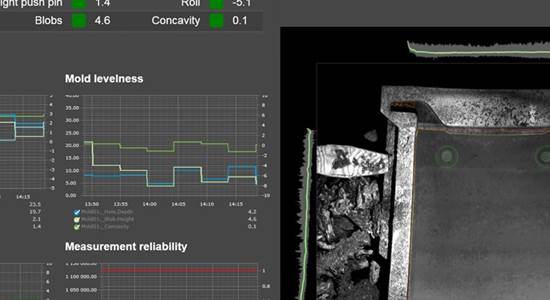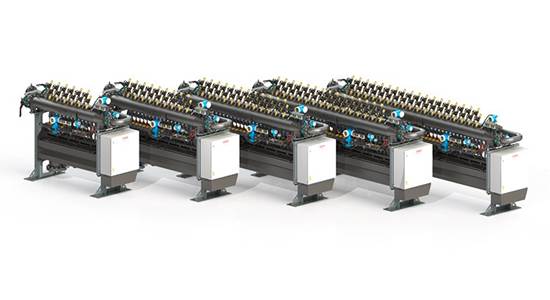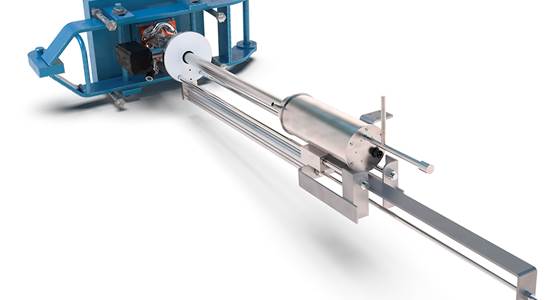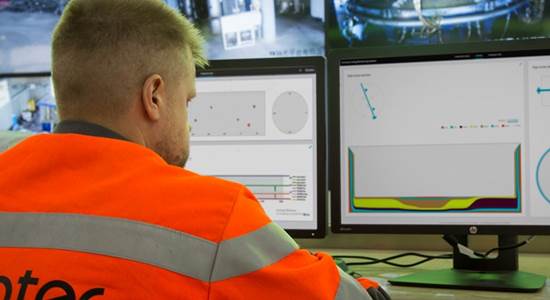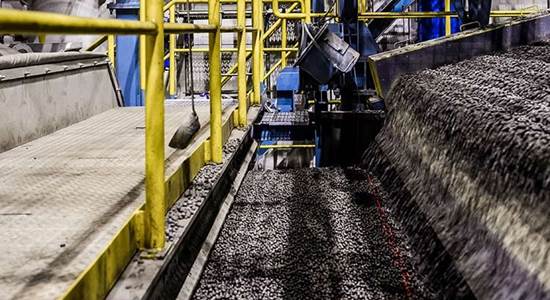The smelting industry is undergoing transformation and facing challenges in various aspects. The priorities include enhancing safety and operational performance, meeting the expectations of the future workforce on the tools they use, and creating value from the sensor and production data that is now collected and stored more efficiently than ever before. Another opportunity is to utilize the collected data for transparency and traceability of the metals throughout their production chain, in response to the end-user demands for environmentally and socially responsible raw materials. This is especially relevant for the battery metals value chain and for copper products that have e.g. the green label.
How automation and digital technologies improve safety
One of the benefits of digitalization is the possibility to augment personnel and replace the need for performing manual tasks to increase safety. Automation and digital technologies can reduce the exposure of human operators to hazardous conditions, such as high temperature or toxic gas, and decrease the risk for injuries from operating manual tools. For example, sensors can monitor the status and performance of the equipment and process and alert the operators of any potential risks or deviations. Sensors can also detect and prevent leaks, upcoming process disturbances or emissions that could harm the environment or the health of the workers.



